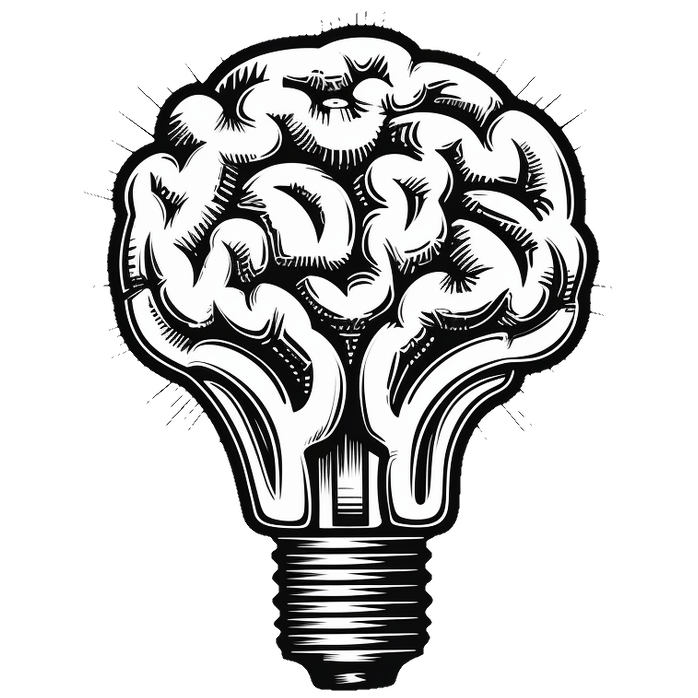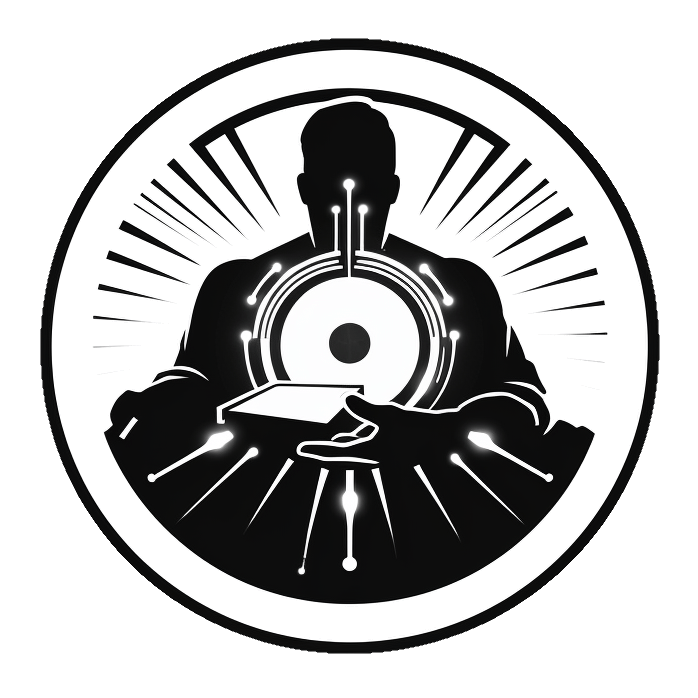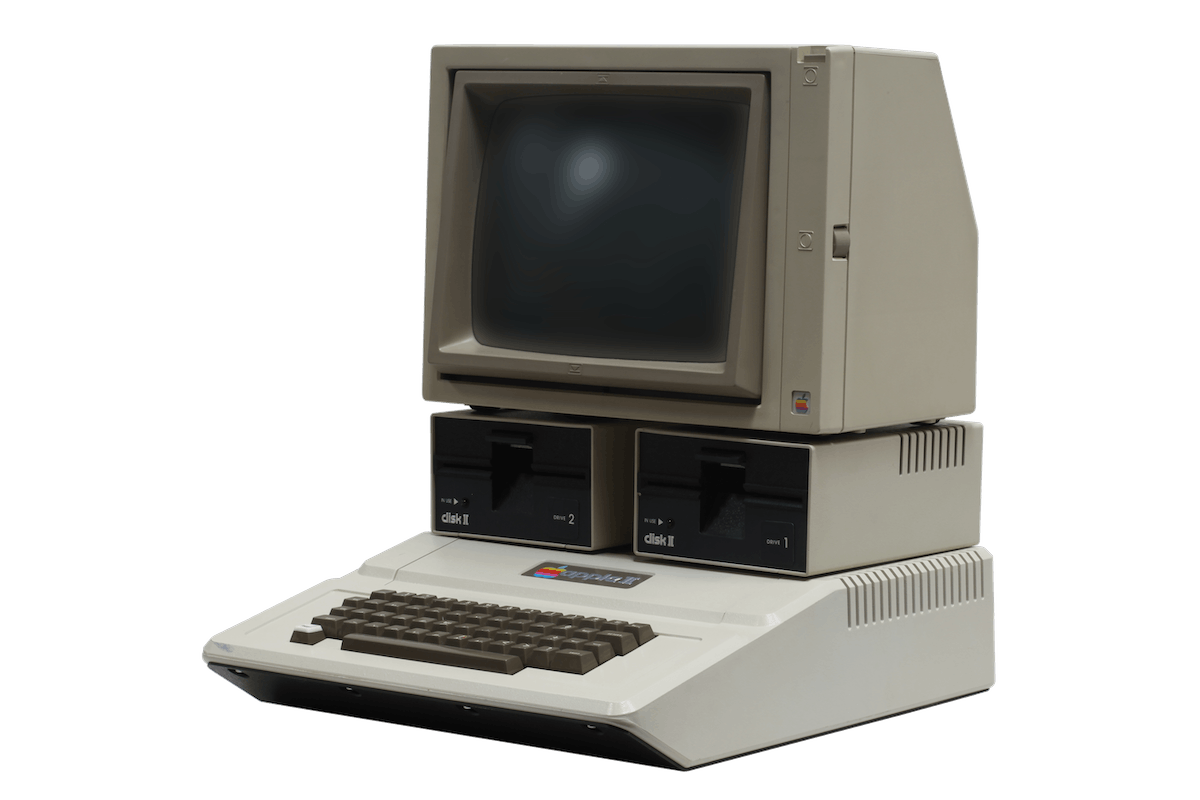ABOUT ME
-
Approach
-
Products / Services
-
Story
What you NEED to Know
My training is not meant to teach you everything you could or should, know about Bitcoin. I only distill what you absolutely need to know.
My educational content revolves around six fundamental questions:
- What IS Bitcoin?
- How does Bitcoin WORK?
- What are the RISKS?
- How to use Bitcoin SAFELY?
- What about OTHER "cryptos"
- WHY Bitcoin?
After mastering the basics, some clients engage me for ongoing coaching which includes personalized strategies, discussion of current market dynamics and cultivation of best practices.
The Pillars:
My products and services all rest on three main pillars:
- Dig into the concepts you'll need to make sense of Bitcoin.
- Learn how Bitcoin works and what components it's made of.
- Learn and practice how to safely buy, sell, use and store Bitcoin.

Concepts
Learn about Bitcoin and how it fits in today's economic and tech environments

Mechanics
Learn about the moving pieces that make up Bitcoin and how they fit together

Practice
Engage in assisted real-world practice to build-up your competence and confidence
Hola
I'm Carlos, El ₿ Coach
TLDR: I've been a tech-enthusiast for over 40 years, an investor for over 30 years, and entrepreneur for over 20 and a conveyer of complex ideas for over 10 years .
The Long Story
I was an investor in real estate, private equity and the stock market but my first real taste of FOMO (fear of missing out) came with investing through the dot-com bubble.
I bought a few losers (passed on many more) but placed a solid bet on a small company I'd been following for nine years —ever since they released an award winning animated short called Luxo Jr.
The company was called Pixar and it did well (I sold the shares when they were bought by Disney, I'm not a fan).
I'd also been a huge Apple fan since the days of the Apple ][, the second computer we owned (I was and remain a computer nerd). If you are not familiar with it, this was the first "personal computer" that really hit it big (we're talking pre-DOS but you might not even know what that is).
Let's just say it was unusual for anyone to have a computer at the time (this will be relevant a little later).

My enthusiasm for Apple compounded when I first saw a quirky little computer called Macintosh.
I became an ardent Mac fanboy and bugged my dad until he bought me a Mac II in 1989.
I mention this to help explain why I bought some stock in Apple when they brought back Steve Jobs in 1997.
It's easy to frame that as a brilliant move in retrospect, but Apple was no stock market darling back then, in fact it was on the brink of death as captured in this famous quote:
"shut it down and give the money back to the shareholders"
— Michael Dell
Hodling Apple stock through the dot.com craze was formative for me in terms of the emotional experience of a investment (this would come in handy with Bitcoin later).
This was a high-conviction, high-risk investment with important lessons for the Bitcoin experience —like the difference between risk and volatility which sometimes feel like the same thing but aren't.
Also the importance of developing facts-and-reason based high conviction as an antidote to both high risk and high volatility.
The dot.com crash motivated me to start learning more about the financial system. Around the year 2000, a NY cab driver (of all people) recommended I read "The Creature from Jekyll Island" which helped me becoe a hard money (gold and silver) advocate —I have the Liberty Dollars to prove it.
(if you've never heard of Liberty Dollars it's a fun / wild story)

Then in 2017, after a long ride to the airport with a persuasive Uber driver (thank you anon Uber driver) I decided to look into this "Bitcoin thing" again.
I'd heard about Bitcoin years before, first in a 2011 Wired article (which I did not understand) and then a few years later somewhere online. I'd decided to look into it but the only way I could buy at the time was apparently to meet someone in person and hand them cash. I passed.
Now, newly emboldened by the Uber driver I decided to jump into the foray again. I subscribed to an expensive newsletter in the hopes of educating myself and tried to buy my first bitcoins. I almost gave up (exchanges were not all that friendly yet).
I was on the phone to cancel my subscription to the newsletter and the guy convinced me to try a different exchange.
Long story short, I bought my first bitcoins —the correct term is sats, but you may not know that yet.

The newsletter I'd subscribed to recommended "diversifying into crypto", a horrible idea but it made perfect sense to my trad-fi brain.
I was just in time to live through the ICO craze —thanks to prudence from having lived through the dot.com IPO craze I didn't lose my shirt.
Then came the "blocksize-wars" which were very confusing to a newcomer and forced me pay close attention to which voices were worth listening to based on arguments not "credentials".
I also realized the importance of running my own node (there were only 9 in my country at the time) and of how much more I needed to learn.
As my understanding of Bitcoin solidified I sold all my "crypto" and went Bitcoin-only in late 2018.
By 2020 I realized:
- The learning curve for newcomers is too steep
- Most people don't understand the (all-important) difference between Bitcoin and "crypto"
- There's TOO MUCH free material available —some is excellent— but it's hard to know where to even start
- There's need for a well-structured curriculum
- Given the current economic environment, helping people understand Bitcoin is the best possible use of my time
Oh, I should also mention, in a previous business I had to deal with a lot of bona-fide geniuses.
Their offices tended to look like this:

So I became comfortable talking to people way smarter than me and asking basic questions that would eventually allow me to use metaphors and analogies to explain complex topics (like 4-dimensional space).
Like with Bitcoin, part of the problem is the complexity of the topic, but perhaps worse is many experts don't remember what it was like to be a beginner in the field.
Oh, remember how I mentioned earlier I'm an old nerd?
This is what my first cellphone looked like.

Why the hell would I care about that Coach?
Because I've been an early adopter of dozens of technologies and ridden them through waves of adoption, format wars, evolution, death and dematerialization:
- The Walkman -> CDs -> iPod -> Streaming
- VCRs -> LaserDiscs -> DVDs -> DVRs -> Streaming
- SLRs -> Digital Cameras -> Phone
- Organizers -> PDAs -> Phone
- Basic -> DOS -> MacOS -> Windows -> OSX
- Yahoo -> Altavista -> Google -> ChatGPT(?)
What does this mean in terms of Bitcoin?
"I've seen this movie before".
I know —first hand— what tech adoption looks and feels like. I've seen how long it takes (longer than you think) and I know what it's like for a technology to win DECADES before the market realizes the obvious.
For exampe, I remember when my friends thought cell phones would never catch on (only for doctors and drug dealers)
Bitcoin is an idea whose time has come.
You can choose to be curious about it or ignore it again. Ten years from now, when you look back and remember the decision you've just made, will you be smiling?
See you inside.
"Very nice, but who are you really?"
My clients get to meet me, but I choose not to make my identity public. This is partially a matter of personal preference, but also part of what I'd like you to learn:
Guard your privacy
Even if it's inconvenient or costly (especially then). This is true for anyone and doubly so for Bitcoiners.
Be discreet
Don't flaunt your wealth in public, don't talk about your Bitcoin stash. People will assume you have hundreds of Bitcoins and ask you:
"How much Bitcoin do you have?"
The only right answer is:
"Not enough".


